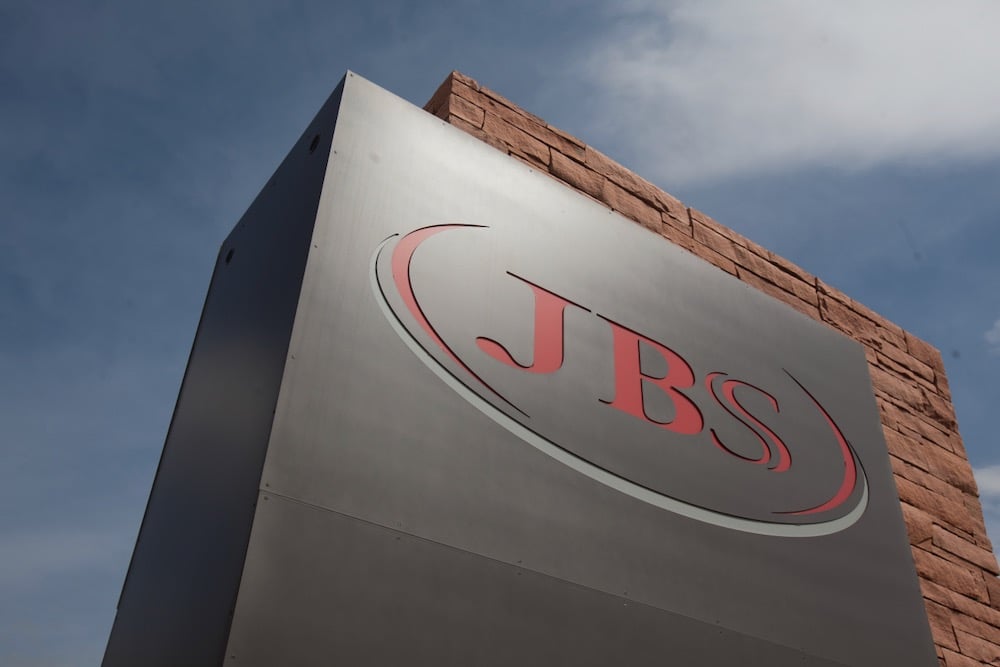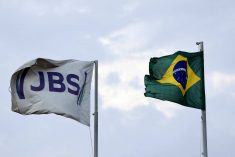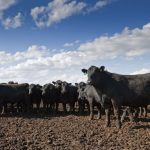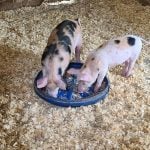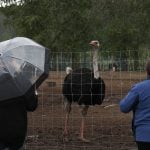UPDATED—U.S.-based beef-packers will continue to reel from low cattle availability for about three or four quarters, with gradual improvements of the U.S. cattle herd happening gradually from late 2027, meatpacking giant JBS said on Thursday.
In remarks made after releasing second quarter results, the world’s largest meat company said other factors affecting its U.S. beef operation, which accounts for about a third of its net sales, include the U.S. closure of its border with Mexico in May due to a New World screwworm, a flesh-eating parasite.
Read Also
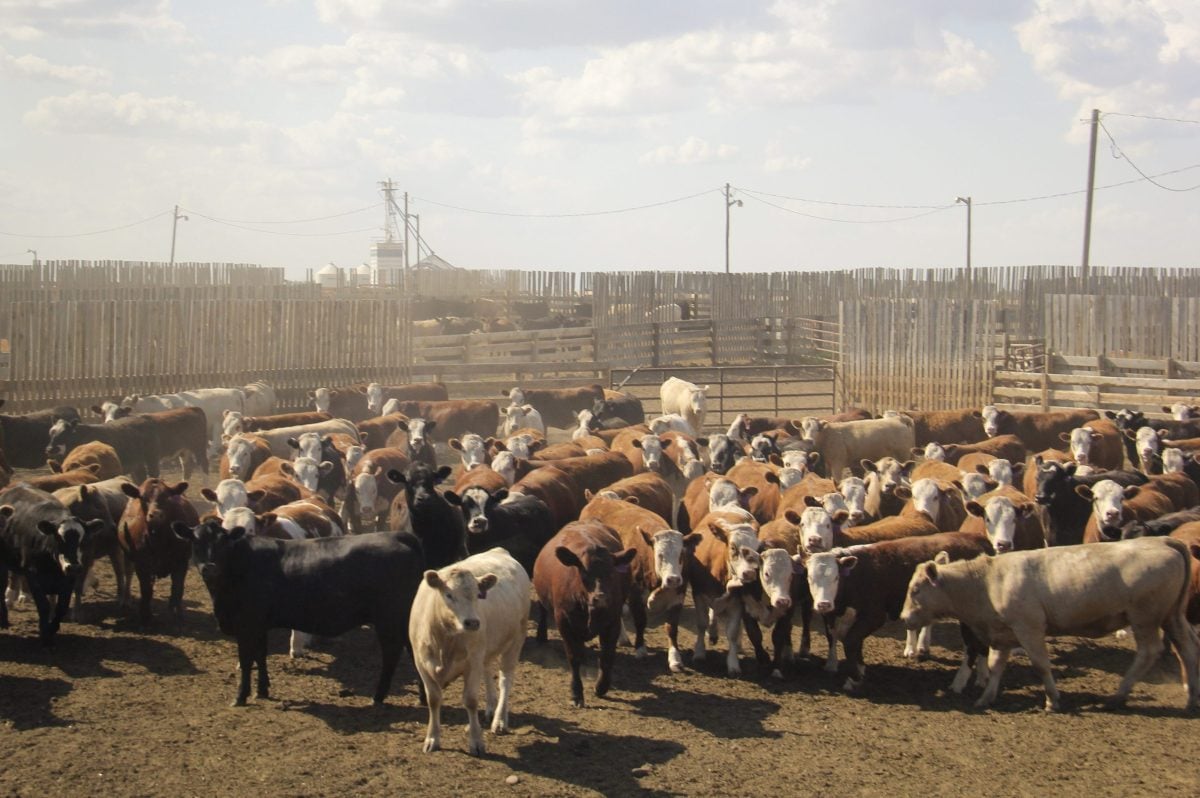
U.S. livestock: Hog futures hit contract highs on shock herd decline
Chicago | Reuters – Lean hog futures stormed to contract highs at the Chicago Mercantile Exchange on Friday as smaller-than-expected…
“The Mexican situation is obviously relevant,” said Wesley Batista Jr, who leads JBS’ U.S. operations.
The Mexican and the U.S. governments are in talks for potentially reopening the border, he said, estimating around 1.1 million head of feeder cattle cannot go through at this point.
Other operating challenges in the U.S. for the company include the pork business, which has been heavily hit since U.S. President Donald Trump started a trade war with Beijing.
Restrictions on Brazilian chicken exports from China and the European Union, enforced since May after a bird flu outbreak in the world’s largest poultry exporter, are also weighing on JBS, which in June created a dual U.S.-Brazil listing.
CEO Gilberto Tomazoni estimated that if sanitary trade barriers are not removed, earnings before interest, tax, depreciation and amortization (EBITDA) of its Brazil Seara prepared foods division may be impacted by around 1.5 per cent.
Seara’s margins, however, remained in the double digits despite bird flu-related disruptions in the second quarter.
Bolstered also by strong results from JBS’ poultry processor Pilgrims Pride, the firm, now listed in New York, posted record overall net sales of $21 billion (C$29.01 billion) while net profit rose nearly 61 per cent to $528.1 million (C$729.6 billion) in the second quarter.

